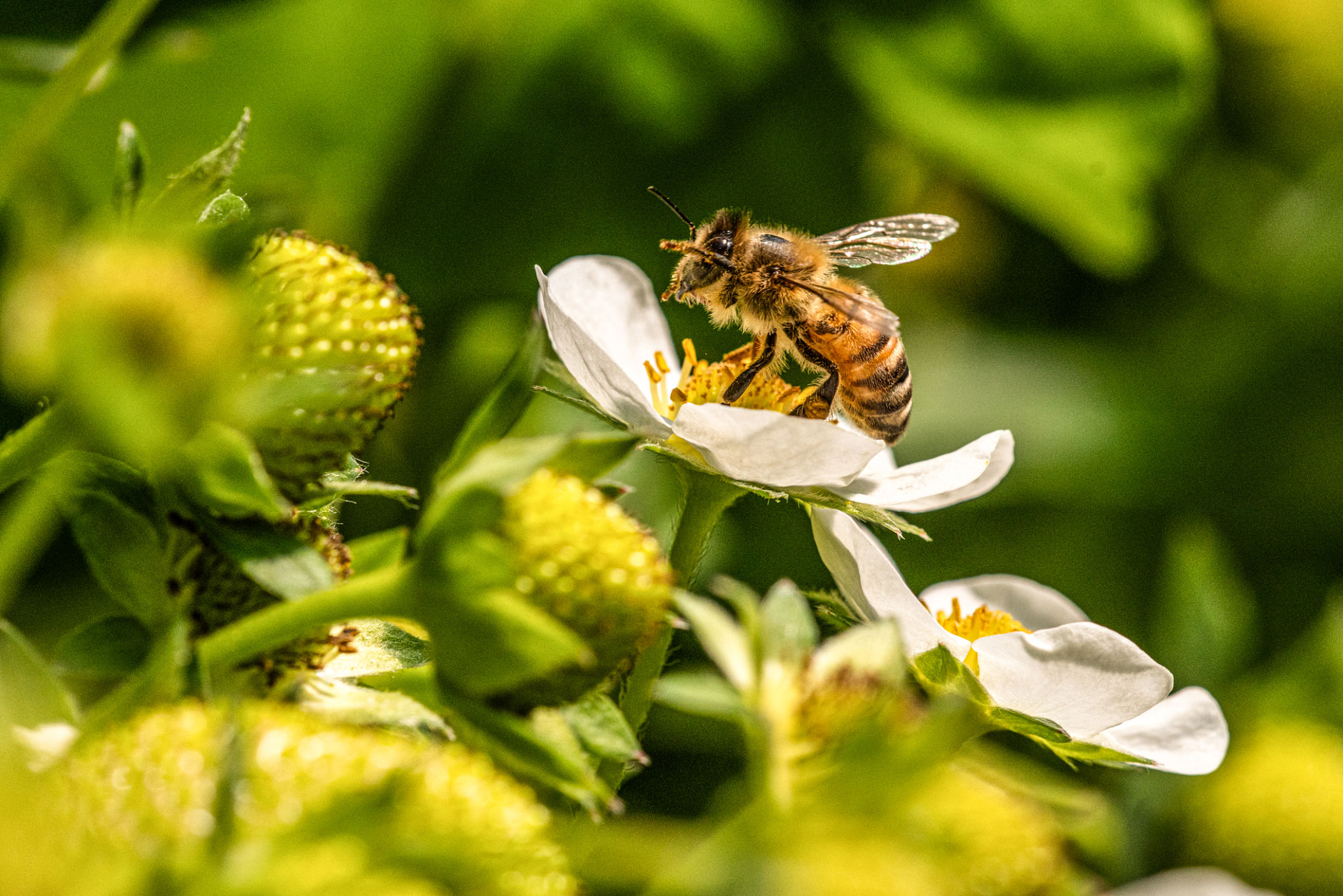Misconceptions About Organic Farming: What You Need to Know
Understanding Organic Farming
Organic farming has gained significant attention in recent years, but with its rise in popularity come various misconceptions. Understanding these myths is crucial for consumers and producers alike. Organic farming is often seen as a modern trend, but it actually harks back to traditional agricultural practices that prioritize sustainability and environmental health.

Myth 1: Organic Farming Doesn't Use Pesticides
One of the most common misconceptions is that organic farming doesn't use any pesticides. In reality, organic farmers do use pesticides; however, these are typically derived from natural sources and are used under strict regulations. The goal is to minimize harm to the environment and human health.
Organic certification bodies ensure that any products used comply with rigorous standards, ensuring that the farming process remains as sustainable as possible. It's important for consumers to understand this distinction to make informed choices about their food.
Myth 2: Organic Agriculture Yields Less
Another prevalent belief is that organic farming results in lower yields compared to conventional methods. While it is true that organic farms may produce less per acre in some cases, the difference isn't as significant as often perceived. Moreover, organic farming promotes soil health, which can lead to better yields over time.

Myth 3: Organic Food Is Always Healthier
While organic foods can offer health benefits, such as reduced exposure to synthetic pesticides, it's not accurate to claim they are always healthier. Nutritional content can vary based on factors like crop variety and growing practices. Eating organic is more about minimizing chemical intake and supporting environmentally friendly practices.
Consumers should focus on a balanced diet that includes a variety of foods, whether organic or conventional, to meet their nutritional needs comprehensively.
The Environmental Impact of Organic Farming
Organic farming is often praised for its positive environmental impacts. By avoiding synthetic fertilizers and pesticides, it supports biodiversity, improves soil health, and reduces pollution. This sustainable approach helps maintain ecological balance, which is crucial for long-term agricultural success.

Economic Considerations
Some argue that organic produce is too expensive, making it inaccessible for many people. However, the higher cost reflects the labor-intensive methods and stringent regulations organic farmers adhere to. As demand grows and more farmers adopt these practices, prices may become more competitive.
Support local organic farmers when possible; this not only aids community economies but also reduces the carbon footprint associated with transporting goods over long distances.
Conclusion
Dispelling misconceptions about organic farming is essential for fostering a more informed consumer base. By understanding what organic farming truly entails, individuals can make better decisions aligned with their values and health goals. The future of agriculture lies in sustainable practices that prioritize the planet's health alongside our own.